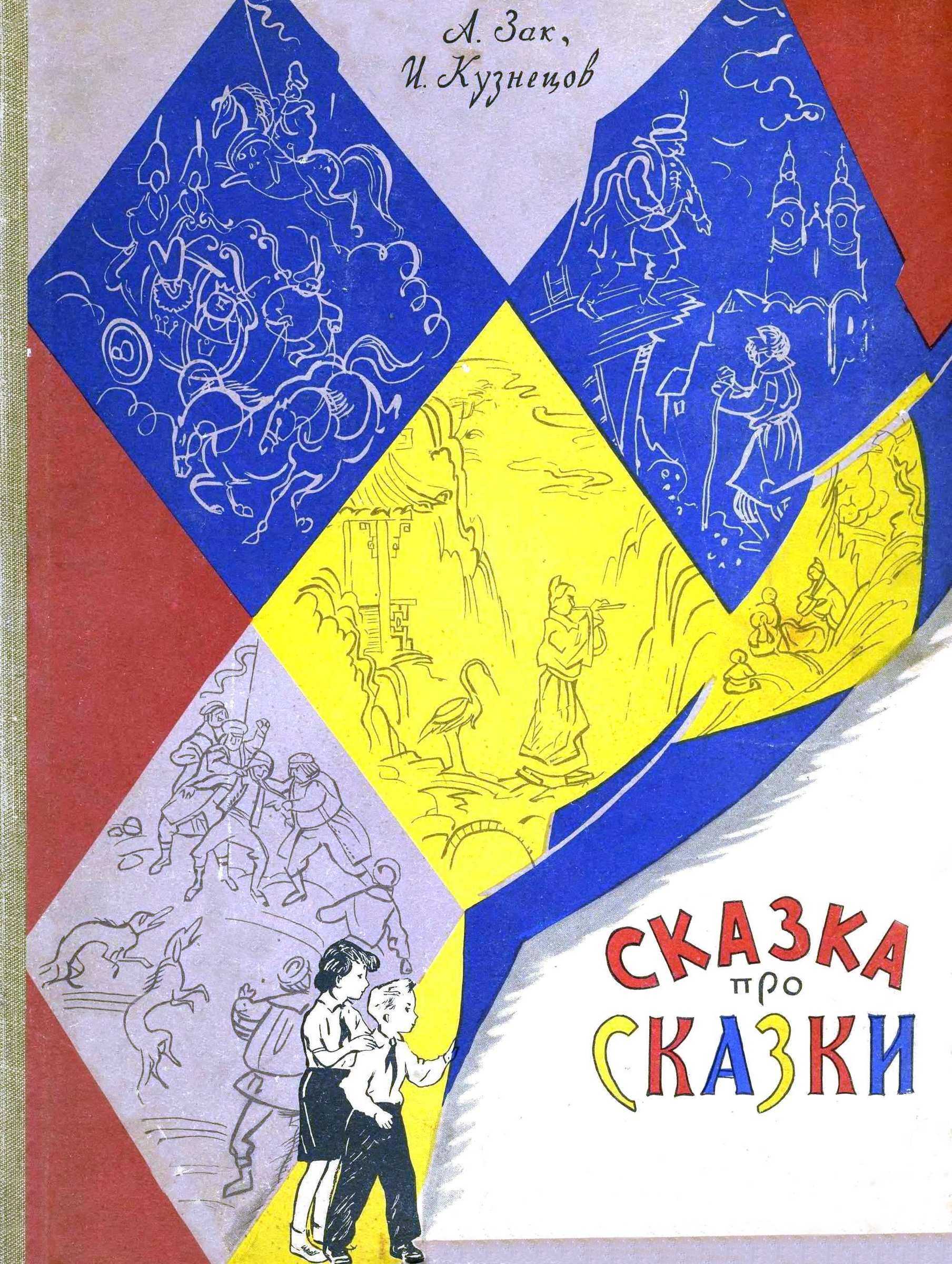По следам детективов: увлекательные истории для изучения английского языка - Анжелика Ягудена
Книгу По следам детективов: увлекательные истории для изучения английского языка - Анжелика Ягудена читаем онлайн бесплатно полную версию! Чтобы начать читать не надо регистрации. Напомним, что читать онлайн вы можете не только на компьютере, но и на андроид (Android), iPhone и iPad. Приятного чтения!
Шрифт:
Интервал:
Закладка:
At the end of 1840, Collins got hired at the tea-trading company owned by a friend of Wilkie’s father. It wasn’t exactly his dream job. Contrary to the expectations, the writer didn’t follow in his father’s footsteps like his brother Charlie did. He finally decided to devote himself to writing. “An author I was to be, and an author I became in the year 1848,” he would later say. In 1843, while still working at the tea-trading company, Wilkie Collins wrote his debut novel Ioláni; Or, Tahíti as It Was. However, the journey to publishing this book was a long one. The novel was never published in the writer’s lifetime: the first edition appeared only in 1999. In 1846, at his father’s insistence, Collins became a law student at Lincoln’s Inn – one of the four Inns of Court in London to which barristers of England and Wales belong. Following graduation, he was called to the Bar though he would never practice law. In 1847, Collins completed the first volume of a classical romance called Antonina; Or, The Fall of Rome. Shortly after that, a huge grief fell on the family: his beloved father died. Wilkie was so traumatized by this event that he decided to put aside the romance and to write a book dedicated to his father. As I see it, writing a biography might have had a healing effect on Wilkie because he could recall the happiest moments of life they had together and have a heart-to-heart talk with him even posthumously. It was in 1848, when he published his first book The Memoirs of the Life of William Collins, Esq., R.A. and finally decided to finish his three-volume novel called Antonina; Or, The Fall of Rome. The book came out in 1850 and was an immediate success. Interestingly, to honor his father, Collins also tried his hand at painting and even wrote a picture.
Collins lived a Bohemian lifestyle, and his circle of friends included many prominent figures of the day: artists, actors, playwrights, musicians, publishers, and many others. However, the milestone event of his life was meeting Charles Dickens. By that time, Charles Dickens had been a mature and prominent writer, and Wilkie Collins was taking the first steps of his journey to success. The two literary geniuses of the 19th century became lifelong friends. Together they made an amazing creative union. Though they had different writing styles, they collaborated successfully and co-wrote several short stories and stage plays. The friends shared love for theater, and both of them performed in amateur play productions. However, that’s not all. They traveled a lot together, and Wilkie became a frequent visitor to Dickens’ home. Later, the two legendary writers became almost like a family: Wilkie Collins’ younger brother, Charles, married Dickens’ daughter.
Wilkie Collins never married, but his personal life was far from boring. What most attracts attention is his relationship with an enigmatic girl named Caroline Graves. Over the years, there has been a lot of controversy around the circumstances of their acquaintance. Many admirers of Collins believe that the iconic writer’s own life story became the basis for his novel called The Woman in White. This theory was confirmed by Collins’ brother Charles and the famous artist John Everett Millais. According to their accounts, the two of them witnessed Collins’ first encounter with the original woman in white – Caroline. Collins, like a true gentleman, saved the scared woman from a pursuer who had been keeping her prisoner for unknown reasons and gave this poor thing home. Actually, one of Collins’ biographers doubts Charles and Millais’ account since it was written forty years after the events. There is also an opinion that the book was inspired by a real legal case. According to another theory, Collins lived close to a small shop kept by Caroline, and they probably ran into each other there. Nobody knows what really happened because no correspondence between them survived. Besides, the legendary writer himself didn’t like to talk about his personal life publicly and never revealed the circumstances of their acquaintance. The origin and identity of Caroline was also shrouded in mystery. Some people even thought she was an adventuress since she lied about her age and distorted some facts of her biography. In Caroline’s words, she was the daughter of the gentleman named Courtenay, and her husband was a wealthy person. But in fact, Caroline happened to be the daughter of John Compton, a carpenter, and his wife, Sarah. She was christened Elizabeth. She married early, and her husband was a shorthand writer, the son of a stonemason. Two years later, Caroline became a widow. She lived with her little daughter, Harriet Elizabeth (Collins would call her Carrie), and her mother-in-law. Why she hid the truth remains a mystery. Anyway, this meeting forever changed the life of Wilkie Collins. Caroline would be there for the great writer for the rest of his life, and he would treat her daughter as his own. What may come as a surprise is that Caroline was known as Collins’ “housekeeper,” and she hardly ever accompanied him on his trips or social events. Collins probably had his own idea of the relationship. The great writer was a confirmed bachelor. Most likely, it was for this reason that Caroline decided to split up with Collins and marry another man named Joseph Clow. As they say, the writer was present at the wedding ceremony. To be fair, this marriage didn’t last long, and she returned to Collins.
However, Caroline was not the only woman in the life of Wilkie Collins. The great writer was also involved with a woman named Martha Rudd. He was around forty at the time, and his chosen one was only nineteen. Together they had three children, whom they registered at birth under the assumed name of Dawson.
In his later years, Collins’ health greatly declined. He was deeply affected by the death of his best friend Charles Dickens and led a secluded lifestyle. Later, Collins became almost blind and didn’t leave the house. Every step of the way, his “muse” Caroline was by his side. The great writer died from a stroke in London on September 23, 1889.
According to Collins’ last will, his inheritance was divided into equal parts among the two women and their children. The great writer was cautious by nature and wanted to protect his family from dishonest people even after his death. That’s why he made a will and acknowledged paternity in advance. Collins was against the institution of marriage and wanted his inheritance to go to his closest relatives rather than to fall into the wrong hands of their wives or husbands. Sadly enough, the writer’s fears were not unreasonable. According to certain resources, his daughter Harriet became а victim of a cheat. Her husband, Henry Bartley, a trustee of Wilkie Collins’ estate, fraudulently took possession of her money, paid off his numerous debts, and then left her for another woman.
Wilkie Collins is best known as the author of the most prominent works of the world literature: The Moonstone and The Woman in White. Among his other most famous works are Rambles Beyond Railways, Poor Miss Finch, Armadale, and many others.
Vocabulary
piercing scream
Прочитали книгу? Предлагаем вам поделится своим отзывом от прочитанного(прослушанного)! Ваш отзыв будет полезен читателям, которые еще только собираются познакомиться с произведением.
Уважаемые читатели, слушатели и просто посетители нашей библиотеки! Просим Вас придерживаться определенных правил при комментировании литературных произведений.
- 1. Просьба отказаться от дискриминационных высказываний. Мы защищаем право наших читателей свободно выражать свою точку зрения. Вместе с тем мы не терпим агрессии. На сайте запрещено оставлять комментарий, который содержит унизительные высказывания или призывы к насилию по отношению к отдельным лицам или группам людей на основании их расы, этнического происхождения, вероисповедания, недееспособности, пола, возраста, статуса ветерана, касты или сексуальной ориентации.
- 2. Просьба отказаться от оскорблений, угроз и запугиваний.
- 3. Просьба отказаться от нецензурной лексики.
- 4. Просьба вести себя максимально корректно как по отношению к авторам, так и по отношению к другим читателям и их комментариям.
Надеемся на Ваше понимание и благоразумие. С уважением, администратор knigkindom.ru.
Оставить комментарий
-
 Гость Евгения17 ноябрь 16:05
Читать интересно. Очень хороший перевод. ...
Знаки - Дэвид Бальдаччи
Гость Евгения17 ноябрь 16:05
Читать интересно. Очень хороший перевод. ...
Знаки - Дэвид Бальдаччи
-
 Юлианна16 ноябрь 23:06
Читаю эту книгу и хочется плакать. К сожалению, перевод сделан chatGPT или Google translator. Как иначе объяснить, что о докторе...
Тайна из тайн - Дэн Браун
Юлианна16 ноябрь 23:06
Читаю эту книгу и хочется плакать. К сожалению, перевод сделан chatGPT или Google translator. Как иначе объяснить, что о докторе...
Тайна из тайн - Дэн Браун
-
 Суржа16 ноябрь 18:25
Тыкнула, мыкнула- очередная безграмотная афторша. Нет в русском языке слова тыкнула, а есть слово ткнула. Учите русский язык и...
Развод. Просто уходи - Надежда Скай
Суржа16 ноябрь 18:25
Тыкнула, мыкнула- очередная безграмотная афторша. Нет в русском языке слова тыкнула, а есть слово ткнула. Учите русский язык и...
Развод. Просто уходи - Надежда Скай










